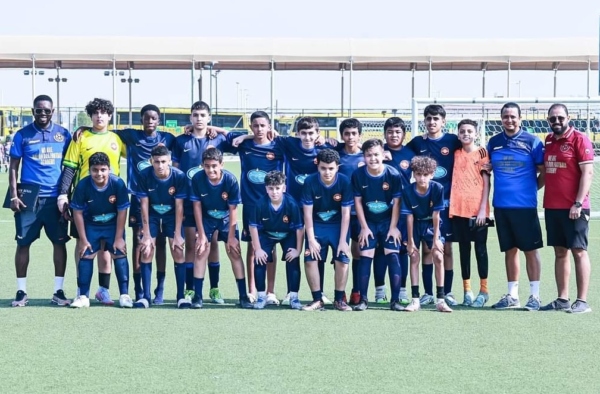Inspiring Football Quotes
Football, also known as soccer, is a sport that requires a combination of physical fitness, mental strength, and technical skills. Whether you’re an aspiring professional player or simply enjoy the game for recreational purposes, practical training is crucial in enhancing your performance on the field. In this blog, we’ll explore the critical aspects of football training and provide you with valuable insights to take your game to the next level.
- Fitness Training:
To excel in football, players need to be physically fit and possess a high level of endurance. Incorporating a comprehensive fitness training routine will help improve agility, speed, stamina, and strength. Key fitness components for football training include cardiovascular exercises, interval training, plyometrics, and weightlifting. Proper nutrition and hydration are also essential to support optimal performance and recovery.
- Technical Skills Development:
Football is a game that demands a wide range of technical skills, including ball control, passing accuracy, dribbling, shooting, and tackling. Devoting time to practising these skills is vital for player development. Training drills, such as cone exercises, dribbling circuits, shooting accuracy drills, and small-sided games, can enhance your technical abilities and overall game awareness.
- Tactical Awareness:
Understanding and implementing tactical strategies is essential for success on the football field. Training sessions should include tactical drills and exercises focusing on positioning, decision-making, team formations, and game scenarios. Studying game footage, analyzing professional matches, and learning from experienced coaches can contribute to developing tactical awareness.
- Mental Conditioning:
Football is not just physically demanding; it also requires mental strength and resilience. Developing mental conditioning techniques can help players maintain focus, handle pressure, and make quick decisions on the field. Visualization exercises, mindfulness practices, and goal-setting techniques effectively enhance mental toughness and confidence.
- Injury Prevention:
Injuries are an unfortunate part of sports, but taking preventive measures can minimize their occurrence. Incorporate dynamic warm-up routines, stretching exercises, and mobility drills into your training regimen to improve flexibility and reduce the risk of injuries. Additionally, maintaining a balanced training schedule, listening to your body, and practicing proper recovery techniques are essential for injury prevention.
Conclusion:
Football training is a multifaceted process that requires dedication, discipline, and constant effort. Players can maximise their performance on the field by focusing on fitness, technical skills, tactical awareness, mental conditioning, and injury prevention. Remember, football is not just about individual skill; it is a team sport that thrives on effective communication and collaboration. So, gather your teammates, put in the hard work, and watch your game soar to new heights.
Now, lace up your boots, hit the pitch, and become the football player you’ve always aspired to be!





